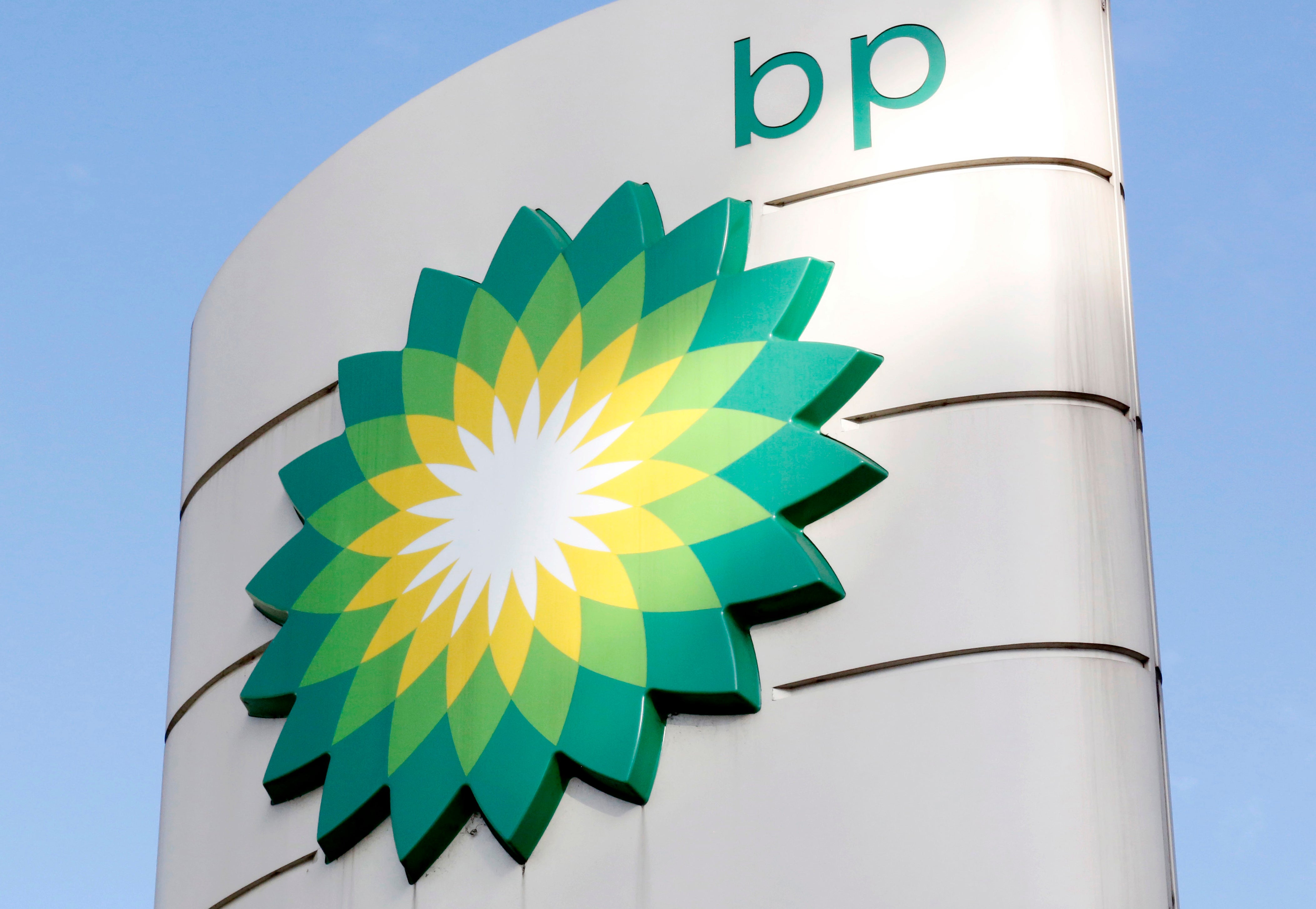BP exiting stake in Russian oil and gas company Rosneft
BP says it's exiting its share in Rosneft, a state-owned Russian oil and gas company in reaction to Russia's invasion of Ukraine

Your support helps us to tell the story
From reproductive rights to climate change to Big Tech, The Independent is on the ground when the story is developing. Whether it's investigating the financials of Elon Musk's pro-Trump PAC or producing our latest documentary, 'The A Word', which shines a light on the American women fighting for reproductive rights, we know how important it is to parse out the facts from the messaging.
At such a critical moment in US history, we need reporters on the ground. Your donation allows us to keep sending journalists to speak to both sides of the story.
The Independent is trusted by Americans across the entire political spectrum. And unlike many other quality news outlets, we choose not to lock Americans out of our reporting and analysis with paywalls. We believe quality journalism should be available to everyone, paid for by those who can afford it.
Your support makes all the difference.BP said Sunday it is exiting its share in Rosneft, a state-controlled Russian oil and gas company, in reaction to Russia's invasion of Ukraine.
BP has held a 19.75% stake in Rosneft since 2013. That stake is currently valued at $14 billion.
London-based BP also said its CEO, Bernard Looney, and former BP executive Bob Dudley will immediately resign from Rosneft’s board.
“Like so many, I have been deeply shocked and saddened by the situation unfolding in Ukraine and my heart goes out to everyone affected. It has caused us to fundamentally rethink BP’s position with Rosneft,” Looney said in a statement.
BP Chairman Helge Lund said BP has operated in Russia for more than 30 years.
“However, this military action represents a fundamental change,” Lund said in a statement.
Kwasi Kwarteng, the U.K.'s secretary of state for business and energy, said he welcomed BP's decision.
“Russia’s unprovoked invasion of Ukraine must be a wake up call for British businesses with commercial interests in Putin’s Russia,” Kwarteng said in a tweet.
BP said it will take two non-cash charges in the first quarter to reflect the change, including an $11 billion charge for foreign exchange losses that have accumulated since 2013.
Rosneft's partnerships with Western oil and gas companies have been stymied before.
In 2011, Exxon Mobil, led at the time by future U.S. Secretary of State Rex Tillerson, signed a deal with Rosneft to potentially drill in the oil-rich Russian Arctic. But Exxon ended that partnership in 2017, citing U.S. and European sanctions against Russia.